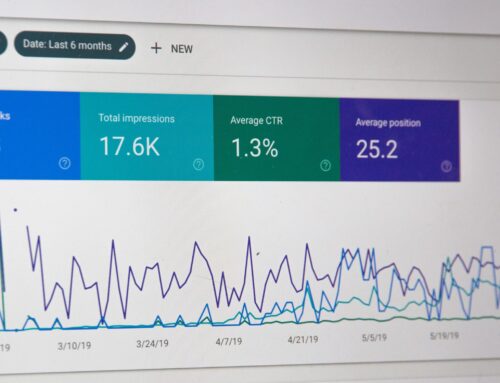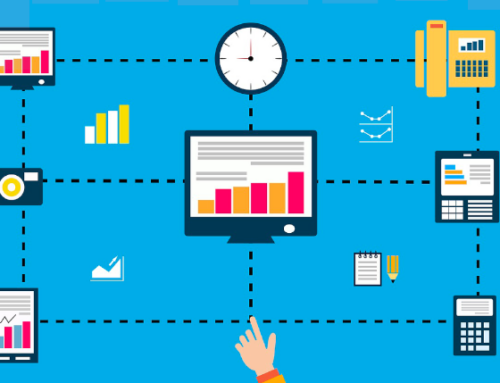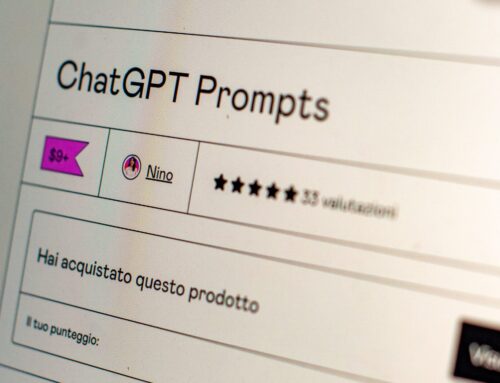
The world of training and eLearning is a dynamic one. Everyday we see new technology appear that helps make learning faster and more efficient, as well as helping learners retain the information they are meant to learn. One of the most popular trends throughout the last few years is Learning Journeys. Tailoring learning to a specific role is very effective, but tailoring the training to a specific individual is even more powerful. New technology in the field of Personalized Adaptive Learning has only furthered the effectiveness and popularity of this tried-and-true learning trend. But, what exactly is a Learning Journey and how can you use technology to make it more dynamic to fit individual training needs?
What is a Learning Journey?
 Learning Journeys are designed to guide learners through a series of different learning elements and learning experiences. These experiences can include eLearning, but also case studies, scenarios, flash card activities, gamification and more. There are many benefits to using Learning Journeys when training your employees. Learning Journeys are made up of various milestones or goals for a learner to achieve, usually in the form of specific skills that are needed. By having a learning goal in mind, the learner sees the steps needed to continue on their learning path and has something to work for. This keeps them motivated to keep going through each stage of their training. Learning Journeys also focus on competencies. Having a corporate “library” of skill or knowledge competencies makes it easier for employers and learners to remediate, upskill or review areas the learner may be weak in.
Learning Journeys are designed to guide learners through a series of different learning elements and learning experiences. These experiences can include eLearning, but also case studies, scenarios, flash card activities, gamification and more. There are many benefits to using Learning Journeys when training your employees. Learning Journeys are made up of various milestones or goals for a learner to achieve, usually in the form of specific skills that are needed. By having a learning goal in mind, the learner sees the steps needed to continue on their learning path and has something to work for. This keeps them motivated to keep going through each stage of their training. Learning Journeys also focus on competencies. Having a corporate “library” of skill or knowledge competencies makes it easier for employers and learners to remediate, upskill or review areas the learner may be weak in.
Of course, one-size fits all training is not the answer even when it comes to Learning Journeys. Some learners may be really strong in one competency and reach a specific goal very quickly while others may not move as fast and may need more practice in certain areas. This is where Personalized Adaptive Learning comes into play. The next step in developing highly targeted learning is to combine Learning Journeys with an adaptive learning engine.
Personalized Adaptive Learning
So, what do we mean when we say Personalized Adaptive Learning? Personalized Adaptive Learning is a learning system that uses specific inputs and technology to customize a learning experience for each learner. The Personalized Adaptive Learning system changes for each learner based on input from assessments and other interactions to ensure that the learner is getting the type of training they need for the skills that they are missing. For example, a new employee is on a Learning Journey to gain stronger sales skills. They are great at talking to customers and finding out what that customer may need but have a difficult time putting together a strong pitch for the products and services they are trying to sell. Once the Personalized Adaptive Learning system recognizes this, it will make recommendations of other learning activities to reinforce this skill.

For example, Digitec’s Knowledge Direct learning platform includes a competency engine that supports this type of personalized adaptive learning. Learners are assessed based on their test performance, for example, then automatically assigned new courses or topics, based on that learner’s weaknesses.
Personalized Adaptive Learning is made possible with the use of specific types of emerging technology, Artificial Intelligence (AI) and Machine Learning (ML). Artificial Intelligence is no longer reserved for super computers or sci fi movie robot cyborgs. Rather, it is used commonly in a variety of industries to automate tasks and make things easier for those working along side it.
In the field of eLearning, Artificial Intelligence is used alongside Machine Learning tailoring content and feedback like a virtual trainer or facilitator. Machine Learning monitors and tracks a certain set of inputs when interacting with a user. As more users input more information, the machine will “learn” and continue to grow its own knowledge. As an example, for a sales training experience, the ML may recognize that sales trainees who are strong in prospecting are typically weaker on account management. Artificial Intelligence might use these insights to automatically provide more account management role-play exercises for these learners.
Why it matters
 So, why is adaptive learning important to add to your training and Learning Journeys? Well, by using Personalize Adaptive Learning to determine which learning activities should be suggested to your employees, you are creating a stronger learning program that will fit a variety of learners. Personalized Adaptive Learning allows your employees to train at their own pace to make sure that the skills they gain in the training stick. It also gives more time back to your training facilitators to do other tasks rather than continuously assess and assign training to each individual employee. Personalized Adaptive Learning also provides guided feedback and can quickly identify any skill gaps as well as recommend other training to fill those gaps. By aligning the training to specific competencies, your training becomes a more flexible and scalable library of resources available to reinforce various skills, learners and situations into the future.
So, why is adaptive learning important to add to your training and Learning Journeys? Well, by using Personalize Adaptive Learning to determine which learning activities should be suggested to your employees, you are creating a stronger learning program that will fit a variety of learners. Personalized Adaptive Learning allows your employees to train at their own pace to make sure that the skills they gain in the training stick. It also gives more time back to your training facilitators to do other tasks rather than continuously assess and assign training to each individual employee. Personalized Adaptive Learning also provides guided feedback and can quickly identify any skill gaps as well as recommend other training to fill those gaps. By aligning the training to specific competencies, your training becomes a more flexible and scalable library of resources available to reinforce various skills, learners and situations into the future.
While this is still new technology, it is a growing trend that is here to stay. Will it replace traditional training? Only time will tell. For now, Personalized Adaptive Learning is a great tool to use with any Learning Journey to compliment any traditional training.
If you’re interested in exploring Learning Journeys and personalize adaptive learning for your company and employees, contact us at Digitec Interactive.
For more industry-focused articles like this, subscribe to our free monthly newsletter, Smarter…Faster!




